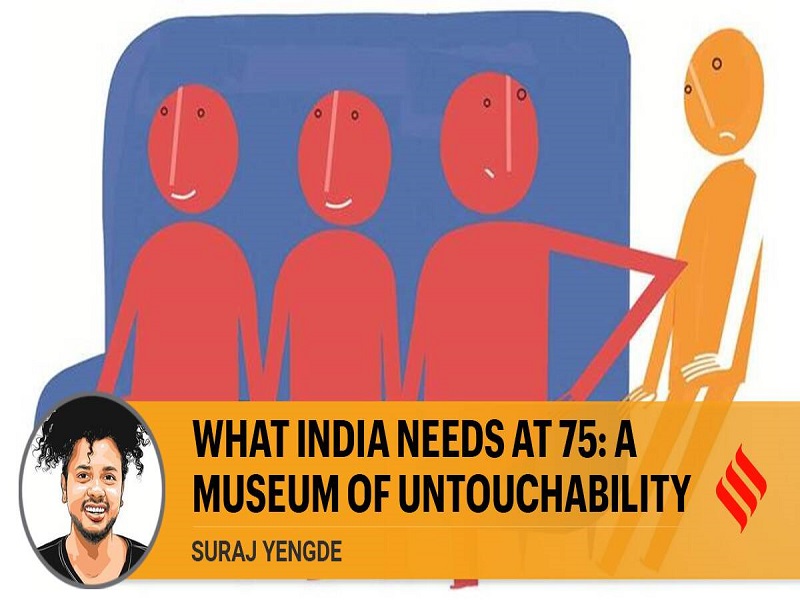Seeing Dalit children leave the cesspool of dirty villages and exploring opportunities in cities through education and job have left them at a loss.
I vividly recall the Golden Jubilee celebrations of India's Independence. As schoolgoing children, we took part in the exercises of nation-building as Bollywood-inspired songs from the black-and-white era, alongside those from the recently released movie Border, blasted through cone-shaped loudspeakers.
The same year, just a couple months earlier, police officials, led by a Maratha, carried out mass killings of Dalits in Ramabai Ambedkar Nagar in Mumbai. Another incident down south, in Tamil Nadu, known as the 1997 Melavalavu massacre, saw six Dalit leaders being hacked to death in broad daylight by the dominant caste, the Thevars. In Bihar, the landlord Bhumihars of the Ranvir Sena gunned down 58 Dalits in Laxmanpur Bathe. The Ranvir Sena has been outlawed since 1995, yet continues to operate actively, issuing death threats to Dalits. These gory atrocities occurred a few months before or after the Independence Day celebrations.
Twenty-five years later, the nation is asked to observe Azadi Ka Amrit Mahotsav, another of the government's initiatives to commemorate Independence.
Earlier this year, Jitendra Meghwal, a health worker in Rajasthan, was hacked to death by two Brahmins because he and his mother allegedly "dared to look up" at the Brahmins. In Bengaluru, Vijaya Kamble was in love with a Muslim girl, but her brother Shahabuddin conspired and killed the Dalit over their inter-caste, inter-religious relationship. Shashikant Jatav, an RTI activist from Madhya Pradesh, was beaten up and forced to drink urine. Indra Kumar Meghwal, a nine-year-old boy, was allegedly beaten to death by his teacher Chail Singh because the child is said to have drunk from a pot reserved for the oppressor castes. All of this happened this year.
Should we be celebrating a grandfather's birthday when the grandchild has been killed in the same house? For India's outcastes and marginalised groups, Independence is an insult. Asking them to celebrate their death is an act of cruelty.
Independence rarely means anything to those still forced to carry night soil on their heads. The quality of Independence comes with liberty and freedom -- both of which are still frightening thoughts for Dalits to exercise. A Dalit riding a mare sends shivers of fear in the minds of oppressor castes. A Dalit girl going to school is feared by the entire village, who prohibit her from attending the same.
Source: Indian Express0 COMMENTS



